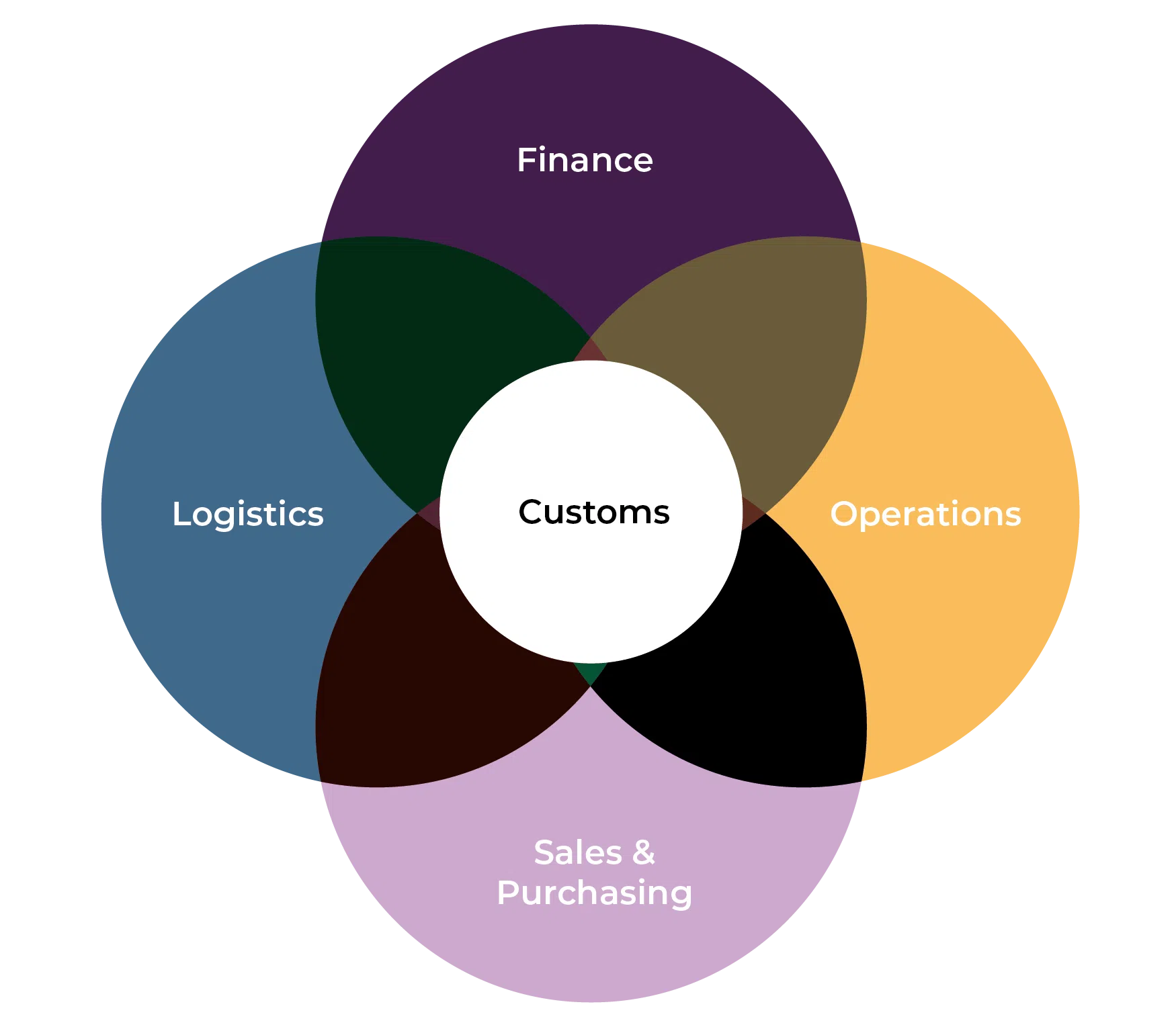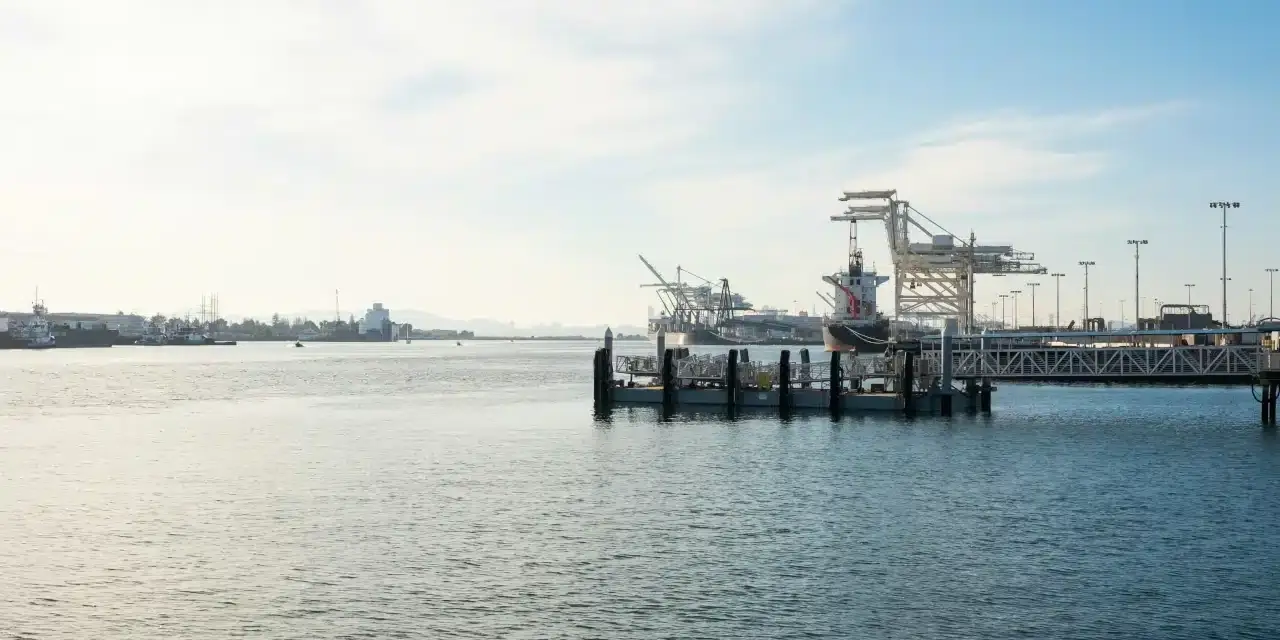The Problem
An often overlooked but essential part of an M&A transaction lies within the customs obligations of the given target company. Barbourne Brook is frequently asked to perform last minute due diligence on an acquisition where customs had been an afterthought. Failure to carry out customs due diligence increases the risk through contingent liability, but it also leaves money on the table in negotiations.
There are all sorts of risks and opportunities that lie within a business’s customs landscape that can be exploited to benefit a purchaser. Customs is a poorly understood area with responsibility spread between multiple departments.
This lack of a clear line of accountability manifests in three ways:
- Customs duty has been over or underpaid.
- The business may not be taking advantage of customs special procedures.
- Compliance risk associated with how goods are imported/exported.

What is the Risk?
Now we have left the EU, the UK exchequer collects all customs duty. This has significantly increased the risk profile around customs as HMRC are becoming more aggressive with enforcing the rules. This is at a time when the UK has significant debt to repay, so this new stream of “income” is particularly appealing.
Did you know … transactions remain subject to regulatory audit for at least three years? Penalties can be up to the value of unpaid customs duties and personal implications for the Senior Accounting Officer.
The Solution
Barbourne Brook performs high-level reviews of the target company’s customs obligations and duty spend of a business within 2 days, subject to the availability of correct data from the target company. The review will highlight:
- material risks; and
- whether the business can reclaim duty.
The report strengthens a purchaser’s position considerably in either outcome as funds reclaimed are an instant ROI after acquisition or where funds are owed, they can bring this to negotiations with a view of a price chip.
What Does This Mean in Reality?
Although there are many outcomes possible to a review, two recent examples are demonstrated below:
Exposure:
A recent acquisition for a major Plc highlighted a significant contingent liability within the customs obligations. The target company has been importing raw material under a Free Trade Agreement (FTA) at a Nil duty rate. We discovered that although the material was being processed and dispatched from the FTA country, the proof of origin rule had not been satisfied. When HMRC performs an audit, they would certainly pick this up and apply retrospective duty going back three years, which was £3,400,000 (12% duty rate).

Reclaim:
Barbourne Brook recently performed a similar exercise for an existing client within the chemical manufacturing sector. We discovered that the target company was using an incorrect classification code for importing a key raw material substance. Our analysis quantified the discrepancy at £356,000 and was successful in the duty reclaim after the transaction was completed. This gave our client an immediate ROI on the acquisition.
The Process
This product has been developed to meet a demand from our existing client base. In each case that we have delivered this product, speed has been key. Tried and tested methodology, built over 35 years, has been applied to ensure fast turnaround and focus on material matters.
We have condensed our information gathering and data requirements to a minimum. The process is as follows:
- Initial fact-finding call with the business. Ideally, this is with the target company, but we can provide a questionnaire for their attention if this is not viable.
- Data sets required for review:
- Commercial documentation for a typical transaction through the entire supply chain (A-Z);
- MSS Data (HMRC provides import/export data find out how to obtain MSS data here);
- Chart of accounts;
- Copy of customs authorisations, if any (special procedures)
3. Once we have completed the first two steps, our team can perform analysis and report in full within 5 working days. If a case is particularly urgent, we can expedite.
During the analysis, we will look at several key areas such as:
- Reviewing a sample of the core customs elements of classification, valuation and origin of goods;
- Highlighting potential overpayment and/or underpayments of duty;
- Confirming the correct use of free trade agreements (FTAs);
- Exploring the opportunity of using special procedures (duty relief schemes) to scope out potential ongoing savings.
Not Going Far Enough?
We offer a more comprehensive independent audit for those who want a “belts and braces” solution. Our Customs Landscape performs a deep dive into a company’s customs obligations, maps this against best practice and provides a clear roadmap of actionable insights.
Next Steps
Find out how Barbourne Brook can help strengthen your position with a deeper dive into the customs issues around Mergers & Acquisitions, get in touch with Adam Wood today.
Related Posts
15 July 2024
Customs Traps: The High Price of a Blinkered Approach to Transfer Pricing
Businesses selling direct to customers…
10 June 2024
New Scheme Offers Declaration-Free Exporting To Northern Ireland For B2C Businesses
Businesses selling direct to customers…



